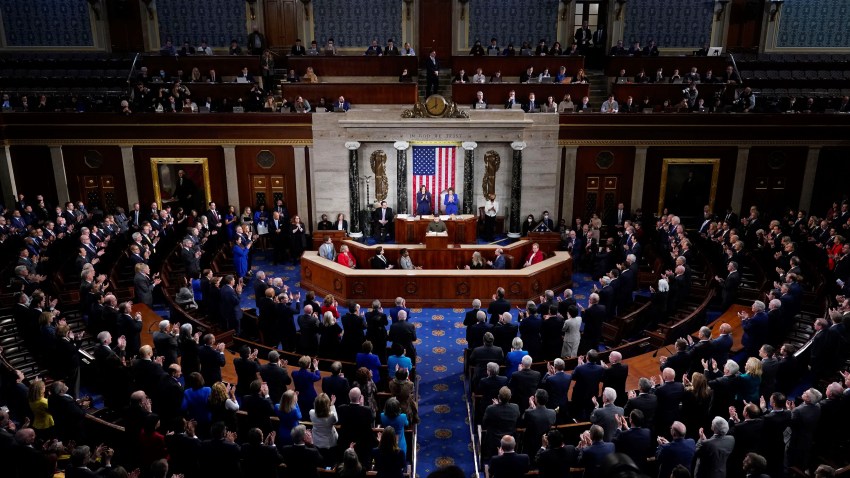In looking back on 2022, it’s hard not to see it as a “year that changed everything.” The Russian invasion of Ukraine broke what had been an enduring taboo against interstate warfare, if not against war and conflict per se. That it did so in the heart of Europe, one of the world’s wealthiest and most “stable” regions, only amplified the shock felt on Feb. 24. The implications for other potential conflict scenarios, particularly a Chinese invasion of Taiwan, suddenly seemed more difficult to dismiss as the preoccupations of alarmists and hawks.
The fallout from the war, particularly with regard to U.S. and European sanctions against Russia, similarly seemed to mark a definitive breach with the era of economic integration since the end of the Cold War. In bifurcating the Russian economy from that of the West, those sanctions suddenly made the tropes from globalization’s “golden age” in the early 2000s—of a borderless world and the liberalizing effect of trade integration—seem shockingly naïve and embarrassingly utopian. That impression was further reinforced by export control measures the Biden administration imposed in October to limit China’s access to advanced semiconductors needed for the high-tech applications, like artificial intelligence, that many argue will determine state power in the 21st century.
But even within the West, trade was a point of contention, particularly the subsidies included in the U.S. Inflation Reduction Act designed to spur the production and adoption of green energy technologies, like electric vehicles, as part of the transition to renewable energy sources. Washington’s European allies criticized the measures as protectionist industrial policy favoring U.S. and U.S.-based companies, to the disadvantage of their own.

